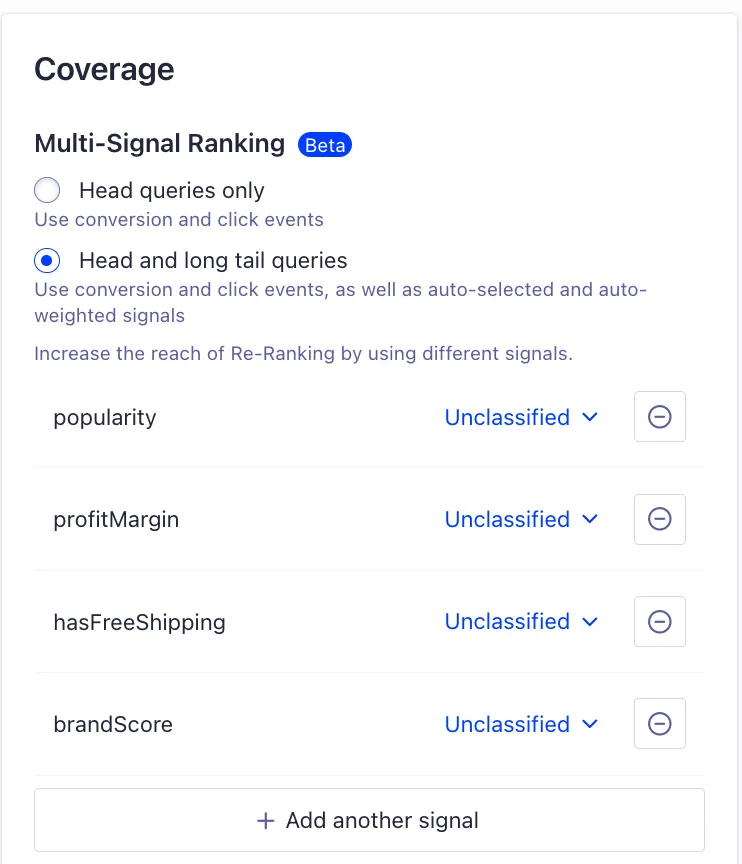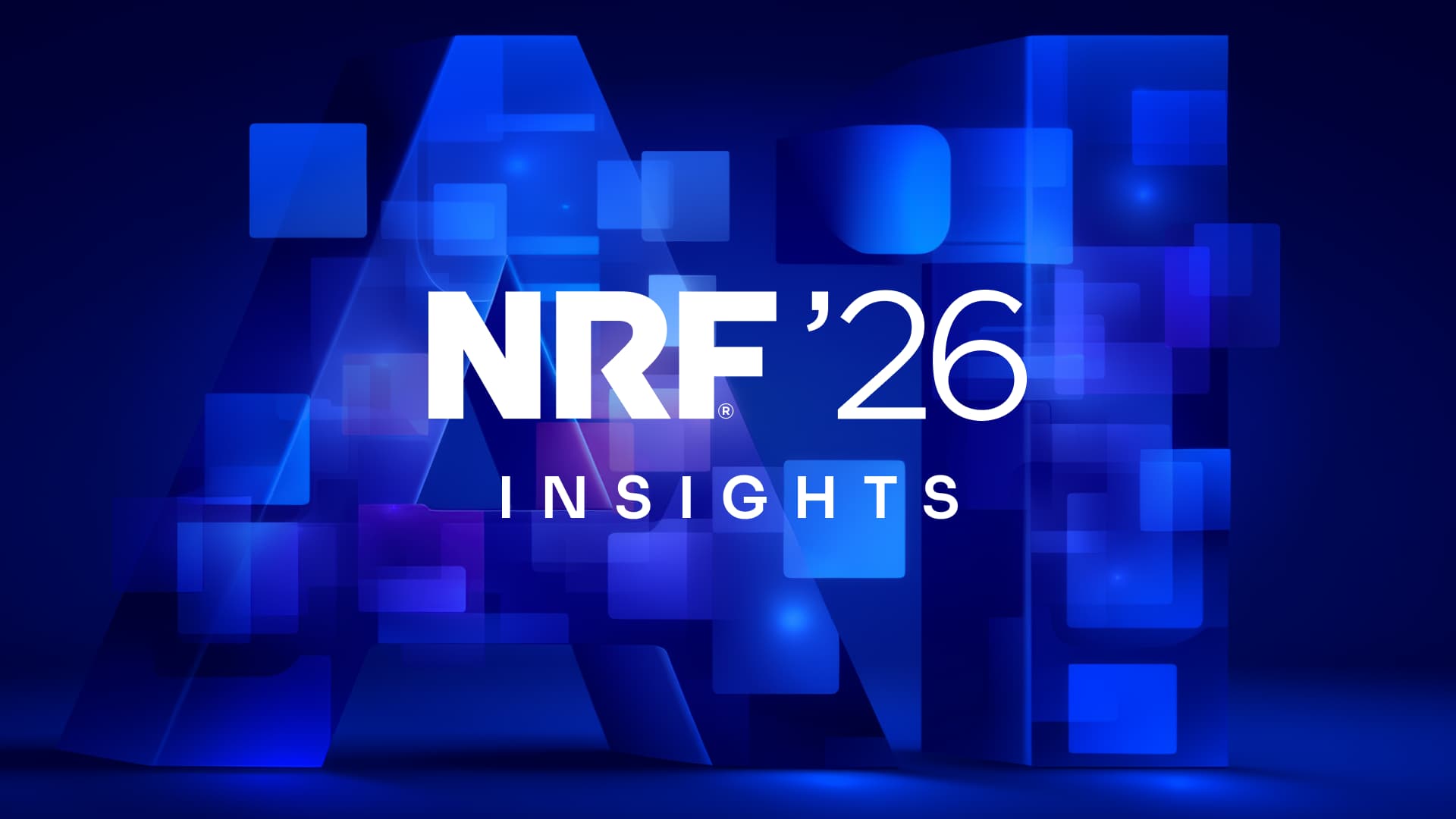Estimated time to read: 8 minutes
If you or a loved one has been diagnosed with:
- an overabundance of manually-set custom ranking criteria,
- reliance on backlogged developers and technical teams to adjust ranking criteria,
- confusion about why search results rank as they do, or
- an inability to represent real business needs solely through click and conversion events,
you may be entitled to use Algolia’s newest feature, Multi-Signal Ranking!
Want to know more? In this brief overview, we’ll cover why you need a more granular way to rank results and what Algolia is doing to make this easier for you.
Why the right results need to rank well
Many studies have been done on search results. Fairly consistently, it’s been shown that around 30% of the clicks go to the first result and 75% don't leave the first page. This can be impacted somewhat by UI design, but the principle stands that if your customers are going to be naturally drawn to the search results that take the least effort to understand and click on, we better make those results the ones that we want the users to click on the most.
For example, on an ecommerce site, it makes sense that we would want to help potential customers easily find whatever they’re looking for. This makes the relevance of search results very important. But as a business, you have other factors to consider:
- What if we have excess inventory that we need to sell off? It could be costing us warehouse space, so it may be profitable to prioritize selling those items.
- Our costs regarding two similar products may be dramatically different. In that case, both products may be relevant to the searcher’s query, but we might want to prioritize the one where our profit margin is higher.
- A new, highly-anticipated product is coming out soon, but it won’t immediately have the right conversion metrics to boost it to the top of the results upon release. Wouldn’t it make sense to somehow highlight the product that our users have been waiting for?
- Perhaps we have anecdotal evidence through personal conversations with clients that free shipping or other specific fulfillment metrics affect how likely they are to buy a particular item. If we want to increase conversions, boosting products that carry these traits may do the trick.
- If we have partnerships with specific suppliers or brands, we may be financially incentivized or even contractually obligated to boost those products in the search rankings, showing them near the top for more distantly relevant queries.
In these situations, we need to augment the typical, relevant search results using our own business metrics and data signals. Building something like this in the past would have required either choosing one metric at a time to sort by, or computing special magic numbers in code to combine these metrics together. Neither of those are good options because they require compromise or consistent involvement from technical teams.
The solution: Multi-Signal Ranking
Starting today, Algolia has released Multi-Signal Ranking (MSR), a feature that changes this paradigm entirely. Now, all of those other business factors can be included in your search ranking strategy too, and it doesn’t require you to dive into the code. You can even A/B test the ranking criteria to evaluate and iteratively fine-tune the results!
This lets you balance your customer’s understanding of what will be relevant to them with the business metrics you want to optimize for. For example, imagine we want to serve results that the user asked for, but specifically prioritize the most popular ones, the ones with the highest profit margin, the ones with free shipping, and the ones by partner brands. Some of those signals, or factors, might make it more likely for the product to actually make it through the checkout process, while others just boost our revenue more directly. Now, you can configure this directly on the Re-Ranking page in your search index:

Signals can be just about anything. If you can measure it, it can probably be used as a signal to boost or bury results. If some of the factors are categories or dates, you can use the dropdown that says “Unclassified” right now to set them as such, but otherwise, you’re done! This way, you can uncover which data signals are driving positive or negative results.
Multi-Signal ranking is just one of our AI Ranking capabilities. AI Ranking is available for our Elevate customers, but it’s also now part of a feature bundle for Premium users as well. Talk to an expert to get started with a free trial tailored for customers — and explore how to increase revenue and conversion with AI Ranking











